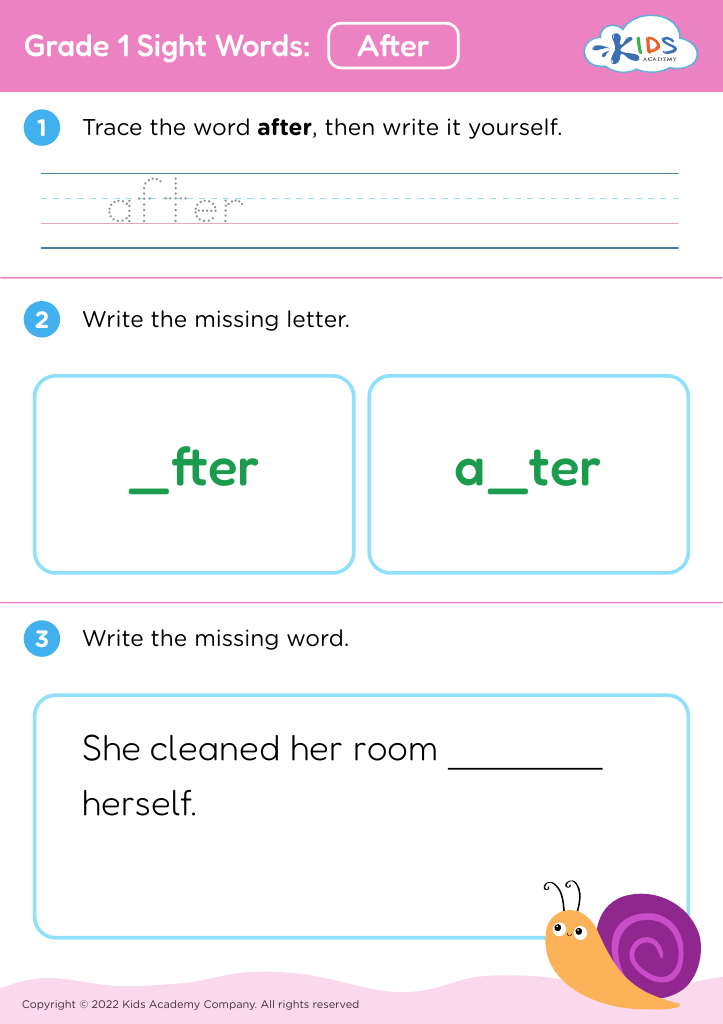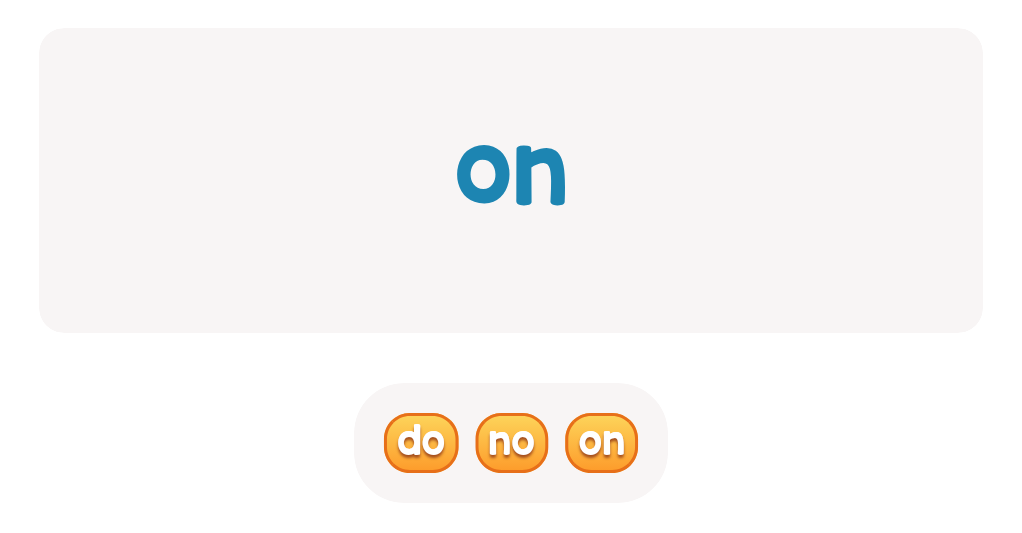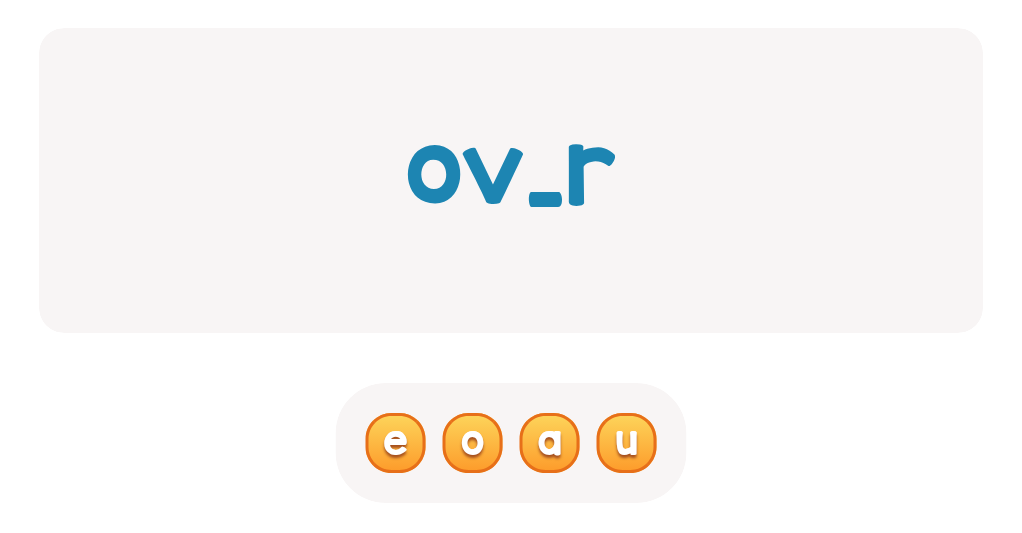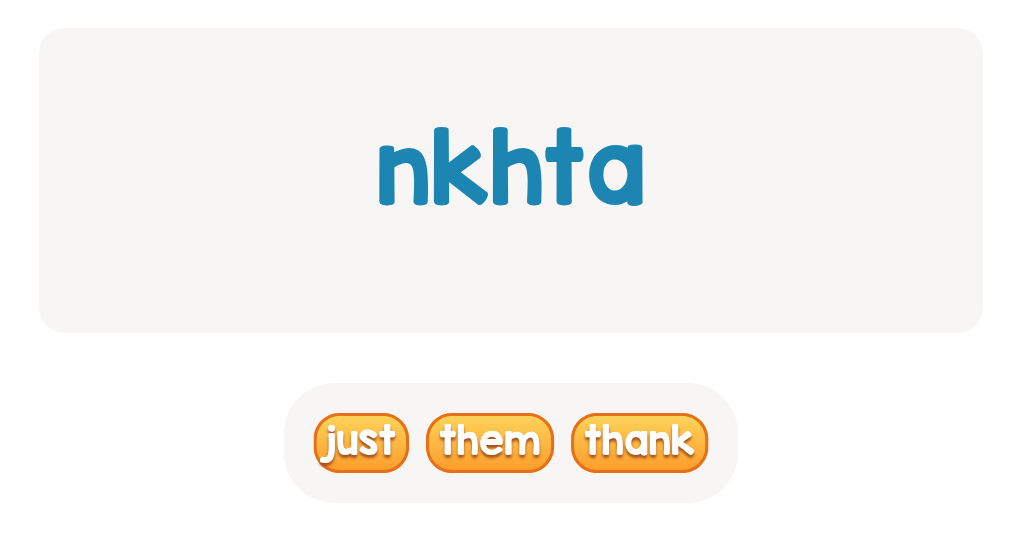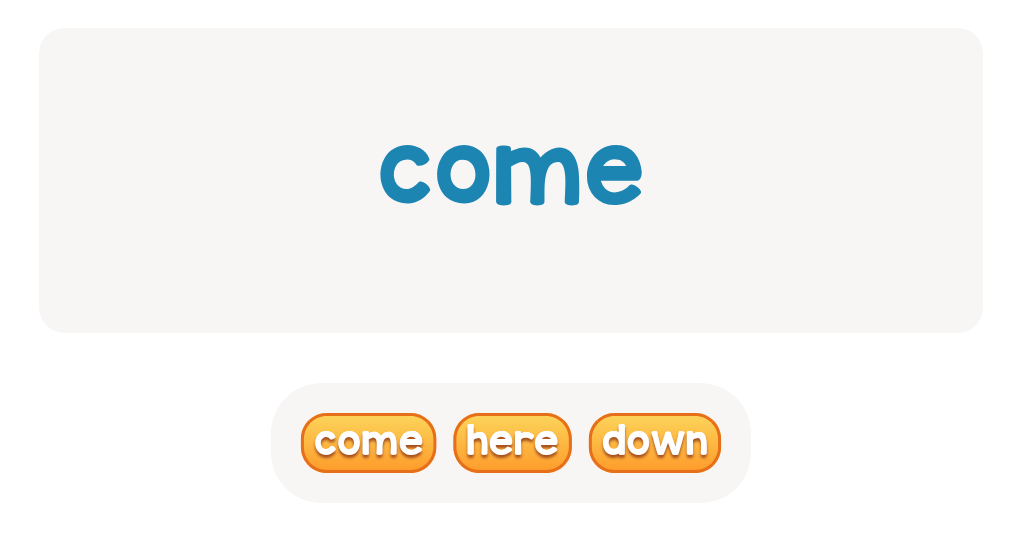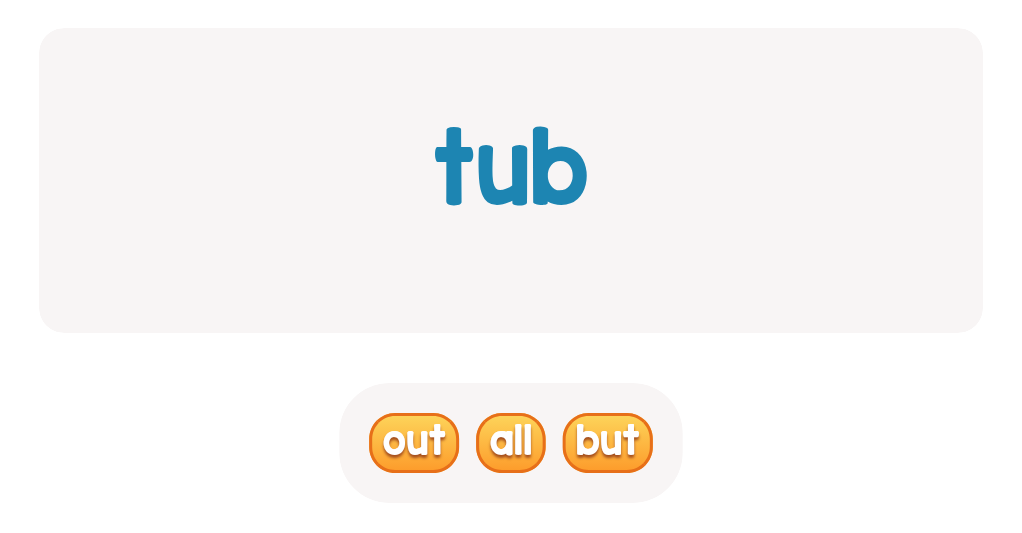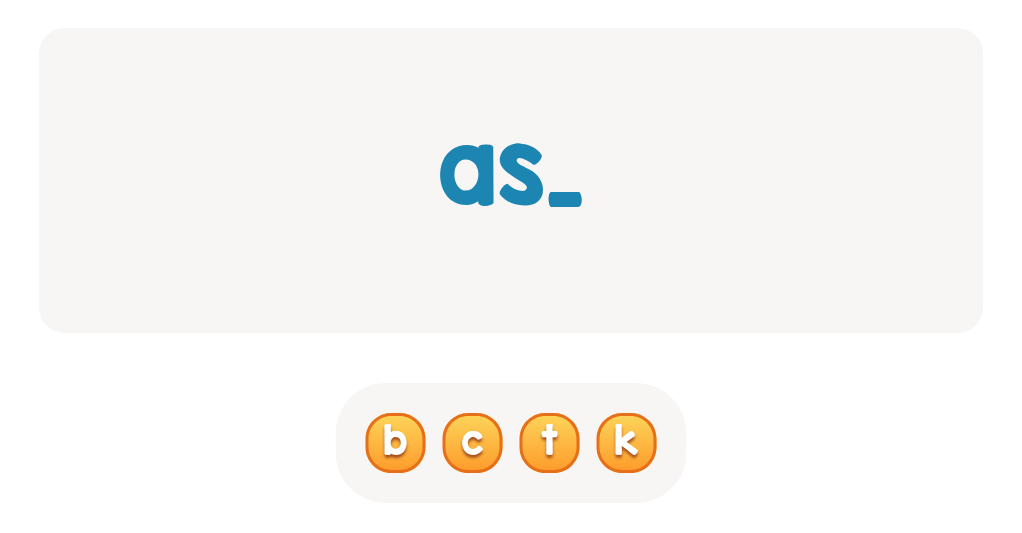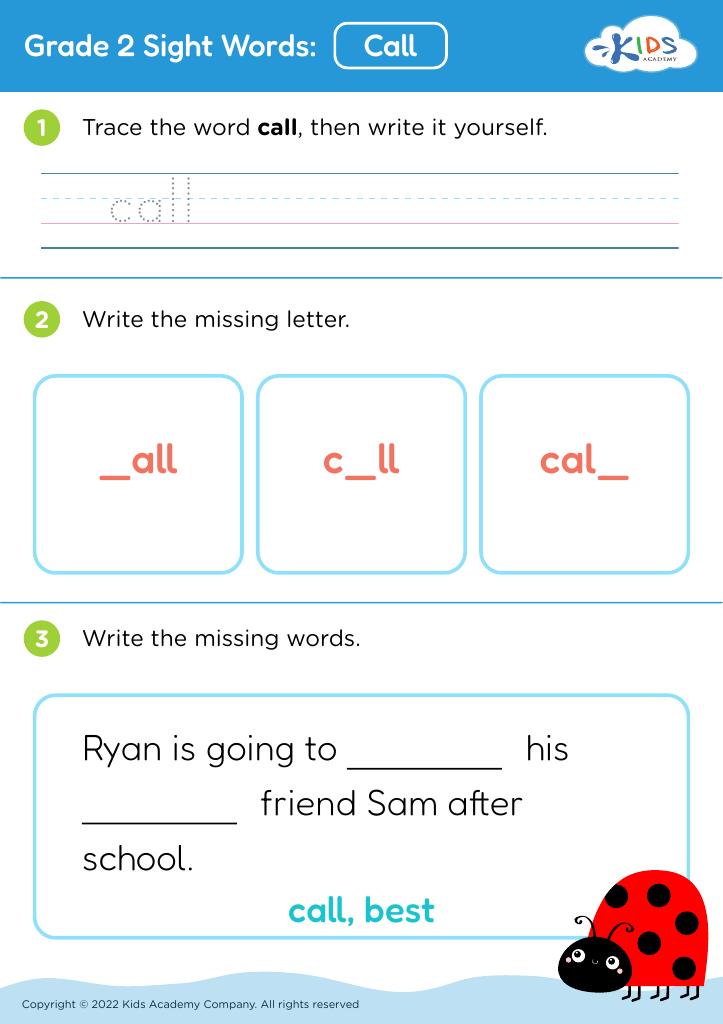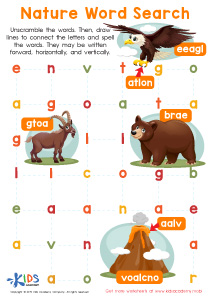Simplifying Fractions Sight Words Worksheets for Ages 7-9
4 filtered results
-
From - To
Discover our engaging Simplifying Fractions Sight Words Worksheets, designed specifically for children aged 7-9! These worksheets combine essential math skills with reading practice, allowing young learners to master simplifying fractions while enhancing their sight word vocabulary. Each activity incorporates fun and interactive exercises that support comprehension and retention, ensuring that students grasp both mathematical concepts and language fundamentals. Ideal for classroom settings or home practice, our worksheets make learning enjoyable and effective. Foster your child’s confidence in math and reading with our carefully curated resources, tailored to ignite curiosity and promote lifelong learning. Start simplifying fractions with ease today!
Parents and teachers should prioritize teaching simplifying fractions and sight words to children aged 7-9 because these concepts form the foundation for essential skills in mathematics and reading. Simplifying fractions fosters numerical fluency, helping children understand the relationship between numbers, which is crucial for more complex math topics in the future, such as addition, subtraction, and problem-solving. An early grasp of these concepts equips students with confidence and improves their ability to tackle challenging mathematical tasks.
Similarly, mastering sight words enhances reading fluency, allowing children to recognize common words instantly. This leads to improved comprehension and a more enjoyable reading experience, as they can focus on understanding rather than decoding. At this age, children are also developing critical thinking skills, and their vocabulary expansion plays a significant role in this process.
Moreover, both simplifying fractions and sight words promote cognitive development and discipline in learning. Engaging with these subjects through games, activities, or collaborative projects can make the process enjoyable and less intimidating, fostering a love for learning. Therefore, prioritizing these skills benefits children academically and nurtures a proactive learning attitude that will serve them well throughout their education.
